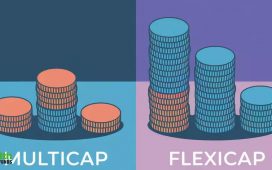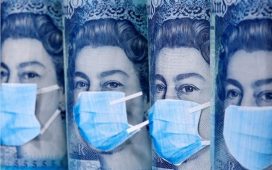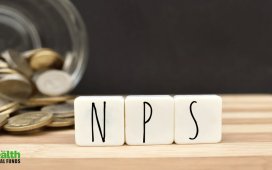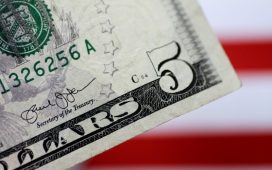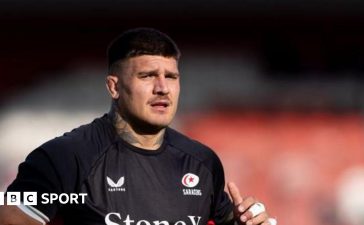
© Reuters. FILE PHOTO: An employee is seen walking over a mosaic of pound sterling symbols set in the floor of the front hall of the Bank of England in London, Britain 25, 2008. REUTERS/Luke MacGregor/File Photo
By Joice Alves
LONDON (Reuters) – was volatile on Thursday after the Bank of England (BoE) raised interest rates and said it expects the surge in British inflation to cool faster than before.
Despite a surprise jump in price growth announced on Wednesday, the BoE raised interest rates by a further quarter of a percentage point on Thursday to 4.25% and kept unchanged its message that its Monetary Policy Committee saw less urgency about maintaining its fast run of rate hikes.
Sounding more upbeat about the outlook for the country’s slow pace of economic growth, the BoE’s nine rate-setters voted 7-2 in favour of a 25 basis-point increase in Bank Rate.
Sterling was volatile against the dollar and the euro after the BoE decision.
It was back up 0.3% on the day to $1.2301, towards a seven-week high of $1.2341 touched at 0738 GMT.
Versus the euro, the pound rose after the decision but then touched a 10-day low, and was last flat at 88.48 pence.
“Initial gains in sterling have been tempered as it seems that the BoE might still be keen on pausing rate hikes, given expectations that inflation will start to cool,” said Chris Beauchamp, chief market analyst at IG Group.
“As with last night’s Fed (Federal Reserve) it seems there will be a much more meeting-by-meeting approach, rather than risking credibility by sticking dogmatically to a set path,” he added.
The BoE move comes after similar rate hikes from a slew of central banks including the Fed, which rose rates by 25 bps to the 4.75%-5.00% range on Wednesday, and the European Central Bank’s 50 bps increase to 3% last week.
The UK central bank is trying to reconcile a weak economic outlook and concerns about global banks with stubbornly high inflation.
“Most central banks this week have focused on inflation and played down financial stability concerns. They appear confident that financial stresses will remain contained,” said Colin Asher, senior economist at Mizuho Bank in London.
Earlier this month, money markets had priced in the chance that the BoE would halt rate hikes in March amid transatlantic bank turmoil which culminated in the collapse of three U.S. lenders this month, as well as a Swiss regulator-orchestrated emergency takeover of Credit Suisse (SIX:) by its rival UBS over the weekend.
Cable is the best performing G7 currency pair so far this year, bouncing back from a 10.6% tumble in 2022 in a tumultuous year for British assets, while the turbulence in the banking system in the U.S. has weakened the this month.
(Graphic: Sterling performance – https://fingfx.thomsonreuters.com/gfx/mkt/mopakwyyypa/Sterling%20performance.png)
British government bonds, which were trading higher before the BoE decision, briefly pared some of their price gains before resuming upwards.
The 2-year gilt yield – which is sensitive to interest rate expectations – was last down 13 basis points to 3.36%, having touched 3.3545% on Wednesday, its highest since March 13, before the global banking turmoil. Yields move inversely to prices.
The blue-chip briefly extended losses. It was last down 0.6%.
Leading to bets the BoE would raise rates and lifting sterling in early London trading, data showed on Wednesday inflation unexpectedly rose last month to 10.4% from January’s 10.1%, above economists’ forecasts.

